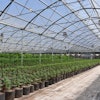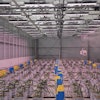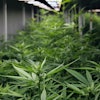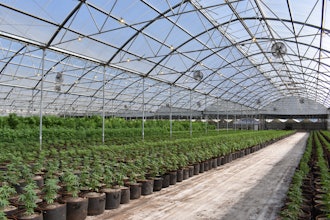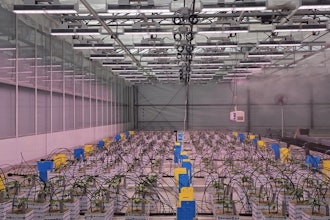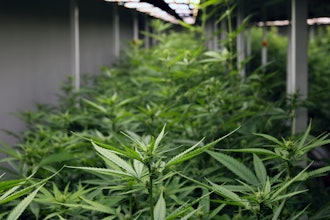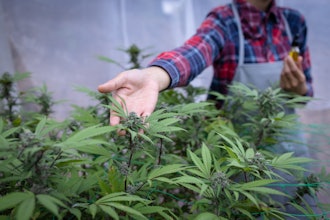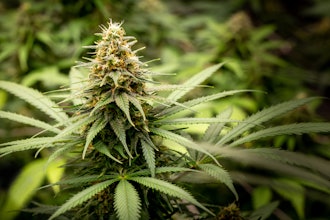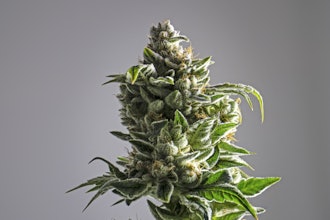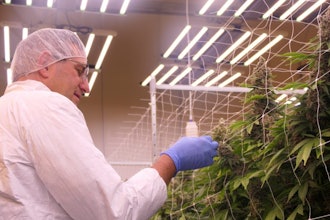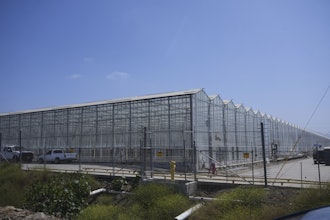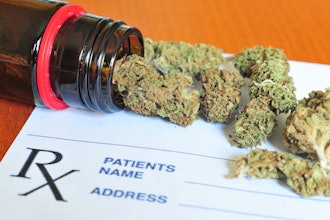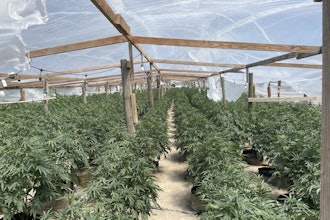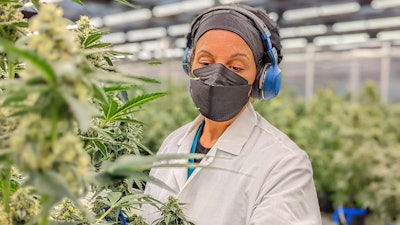
Phylos has unveiled a production-ready F1 hybrid seed for commercial growers looking for uniformity, input reduction and risk mitigation in large-scale cannabis and hemp production.
Phylos Production-Ready Seeds match, or exceed, the desirable traits of clonal varieties like cannabinoid content, terpene composition, uniformity and yield consistency without the production overhead and labor requirements of maintaining clones, according to the company.
Currently available, the Phylos Automatic Series of short-season, day-neutral varieties allows for year-round planting, multiple harvest cycles and easier crop management, all while lowering production costs.
Phylos has also granted first-look partners exclusive access to its Velocity Series of early maturing, photosensitive F1 hybrids. The Velocity Series will be available Summer 2022.
Traditionally, growers have opted to use clonal varieties in commercial cannabis operations. However, as breeding innovation continues to advance, growers are finding that many of their most impactful, bottom-line cultivation pain points can be resolved by making the switch from clone-grown cannabis to seed-grown.
The commercially scalable F1 hybrid seed varieties, with a 99%+ feminization rate, are bred to yield the uniformity and consistency necessary to create sustainable growth suitable for commercial growers of any size. The seed also eliminates the need to maintain mother stock and mother rooms, the task of pheno-hunting and the need for light deprivation equipment when growing seed from Phylos' Automatic Series, further reducing labor costs, saving energy, and reducing the impact on the environment.
Additionally, growing from seed reduces the risks of transferring pests and pathogens while providing a cleaner growing environment and healthier plants. Common diseases, such as powdery mildew, are particularly problematic as they often can not be initially seen with the naked eye.
Growers looking to mitigate the risks of other diseases, like Hop Latent Viroid (HLVd), can benefit from utilizing seed, as research suggests that HLVd transmission is reduced dramatically in seed-grown plants.

